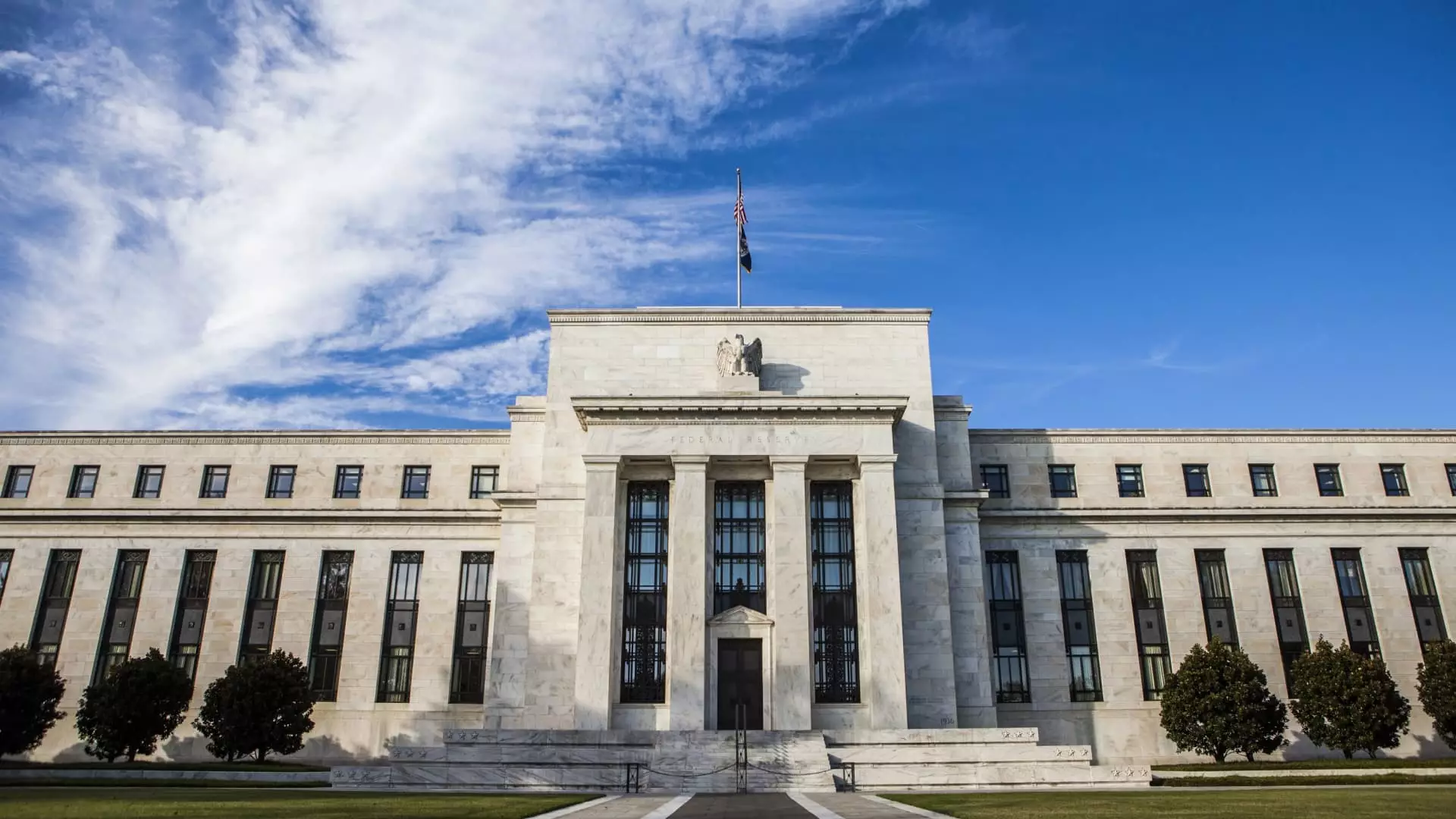Recent discussions among major banking institutions have revealed intentions to legally challenge the Federal Reserve’s annual bank stress tests. This lawsuit is rumored to be forthcoming, potentially as early as Tuesday morning, according to an insider involved in the matter. The stress tests are designed to evaluate a bank’s resilience in the face of economic downturns, requiring them to maintain substantial reserves for potential losses from bad loans. This process not only assesses bank health but also has implications for their dividend distributions and stock buy-back strategies.
In a significant announcement following Monday’s market close, the Federal Reserve stated its intention to revisit the parameters governing the stress tests. Citing a need for improvement in transparency and a reduction in the volatility of capital buffer requirements, the Fed will open the floor for public commentary on proposed changes. The implications of these revisions are critical, especially in light of the shifting legal environment and administrative rules that have evolved in recent years. However, the Fed has refrained from specifying what modifications might be integrated into the existing stress-testing framework.
While the decision to reform the stress testing process may be perceived as a positive move for the large banking institutions, it may not fully alleviate their concerns regarding stringent capital requisites. The Federal Reserve explicitly indicated that the impending changes would not significantly alter the overarching capital requirements, which could leave banks feeling that their anxieties are only partially addressed. This discontent may lead to further legal advocacy as institutions like the Bank Policy Institute (BPI), which represents major players like JPMorgan, Citigroup, and Goldman Sachs, continue their scrutiny.
Responses from the Financial Sector
BPI CEO Greg Baer responded positively to the Fed’s announcement, characterizing it as an initial stride towards enhancing transparency within the stress testing mechanism. Yet, he also alluded to the possibility of pursuing further actions, prioritizing a systematic reform that aligns with established legal frameworks and prudent policy practices. The discourse surrounding the stress tests has previously seen criticism from organizations such as the American Bankers Association, which argue that the test procedures are convoluted. This complexity, they contend, has led to elevated capital requirements that may stifle lending activities, ultimately hindering economic growth.
Looking Ahead: Assessing the Impact of Potential Legal Action
As the threat of litigation looms, the dynamics between the Federal Reserve and major banking institutions could shift significantly. The financial sector is closely monitoring these developments, fully aware that the outcomes of this legal challenge could set crucial precedents for regulatory practices in the banking industry. Stakeholders within the industry, including policymakers and banking executives, are likely to engage in intensive discussions to balance the imperatives of financial stability with the necessity for banks to lend effectively. The evolving nature of stress tests may very well define the future landscape of banking regulation and economic resilience for years to come.

